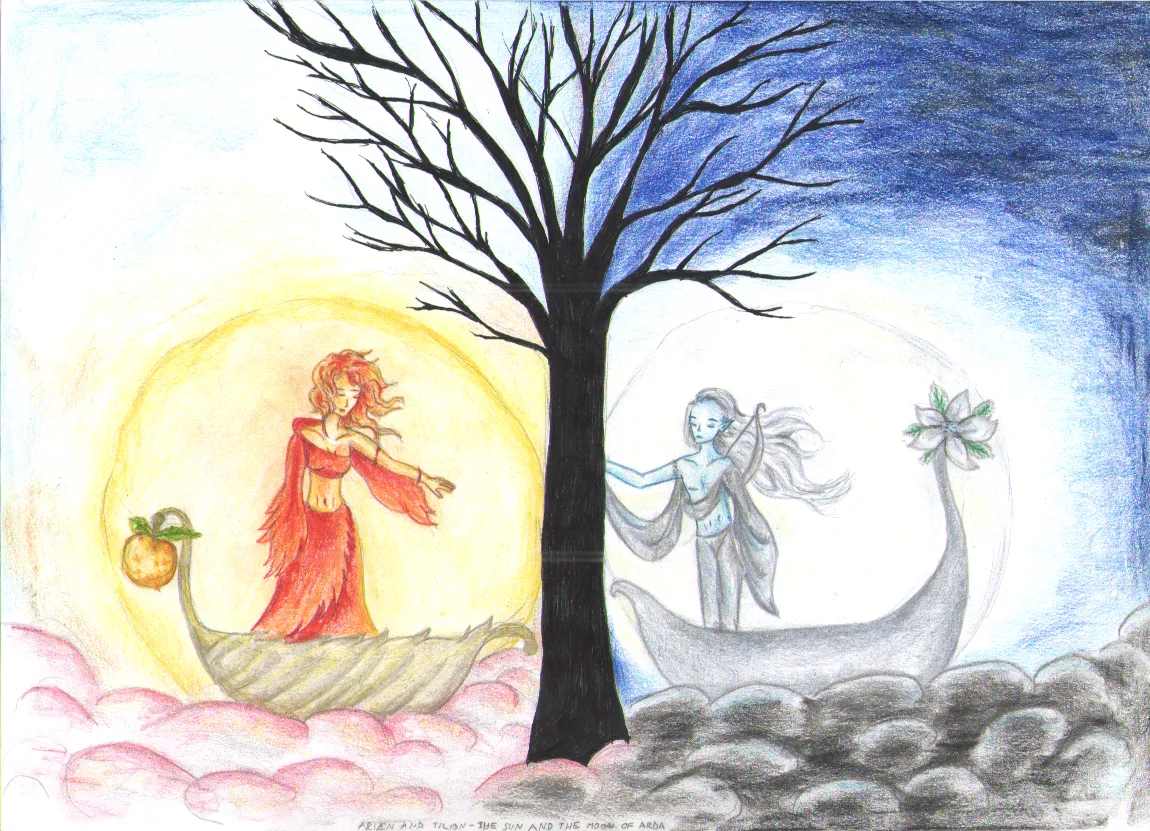Why was Tolkien so good at writing? Linguistics and philology are not the same. There is one essential difference between them that is often overlooked. I found this statement online,
“A philologist is someone who studies the history of languages, especially by looking closely at literature. If you’re fascinated with the way English has changed over time, from Beowulf to Beloved, you might want to become a philologist. Linguistics is the study of language, and a philologist is a type of linguist.”
This statement is both true and false. It is true that a philologist is someone who is fascinated. It is false that a philologist is a type of linguist.
Philology is, first and foremost, the love of language. It’s what the word means. Philo means “love,” and logos means “word.” The love of words. This is the key difference between philology and linguistics.
A philologist loves, and a linguist studies. A philologist is fascinated with words. A linguist is neutral. A philologist tastes the wine of the language. A linguist dissects and analyzes the language in fragments. A philologist is under a spell. A linguist is under a method.
A linguist doesn’t heed the essential advice of Rumi,
Sell your cleverness and buy bewilderment.
Linguistics studies language in a scientific way, where all references to feelings are detrimental. The method is all-important.
Philology starts the moment you realize that you love the word. It’s based on an inner response that arises from your encounter with a text. It’s holistic because love grasps the whole. Love is too bewildered to dissect and analyze. Love is too humble to break the whole in the hope of finding Meaning.
Philology doesn’t arrive at Meaning through a long process of breaking the Whole into pieces. It grasps Meaning from the get-go. It’s the intuitive fascination with Meaning that’s already there that moves it to look deeper and relish the intricacies of the text.
Linguistics doesn’t know the Meaning. It needs a mediator — the method — to arrive at meaning. It is too clever to be bewildered. Only bewilderment can see without analyzing.
Linguistics arises from non-participation. For a linguist, words are mere abstractions — external symbols totally separate from me as the observer. I don’t participate in the words. The assumption is that words can mean something on their own. Without my participation in them. The assumption is that words exist separately from me.
Philology is the child of participation. It starts from a sparkle of Meaning that is carried in and by the word. It is this sparkle that kindles the philologist’s love and relationship with the text. The Meaning arises in and from that relationship. The Meaning is never abstract. It’s always a response from within me. The culmination of philology is when a subject (me) and the object (the word) become one.
That moment is sacred. There are no more subjects and objects. It’s a moment of sheer poetry and sublime ecstasy. We hear a word, and we are moved. We find ourselves inside the word, and it moves us to the realm of sublime Meaning. We are not clever; we are bewildered. We are in love.
In a letter 214, Tolkien says that discovering the Finnish grammar was for him like:
…discovering a complete wine-cellar filled with bottles of an amazing wine of a kind and flavour never tasted before. It quite intoxicated me.”
Let’s write something together!

